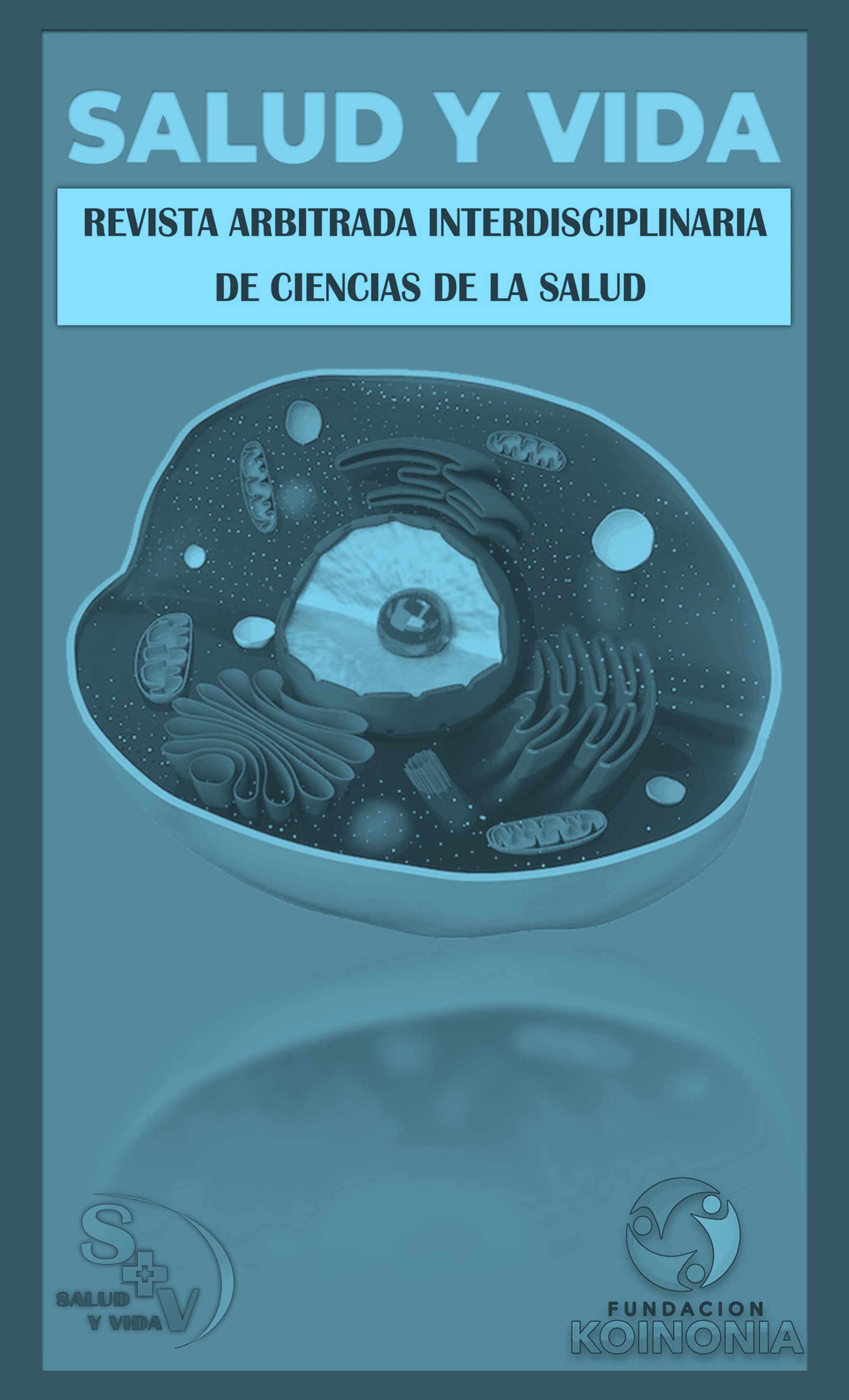Therapeutic obstinacy in critically ill patients: analysis of its effectiveness and bioethical considerations
DOI:
https://doi.org/10.35381/s.v.v9i2.4738Keywords:
Therapeutic obstinacy, critically ill patient, bioethics, palliative care, (Source: DeCS).Abstract
Objectives: To identify the effectiveness of therapeutic obstinacy in critically ill patients through literature review. Method: Qualitative explanatory research based on bibliographic search in indexed scientific journals from 2018-2022, using databases such as Google Scholar, SciELO and Elsevier. Results: Therapeutic obstinacy should be avoided because it triggers uncontrolled processes to maintain life, called therapeutic stubbornness. Its frequency is high, constituting one of the most serious problems of the health system. Disproportionate invasive techniques applied to critically ill patients prove futile in the long term. Conclusions: Therapeutic obstinacy does not constitute an ethical action in health professionals. Nursing staff is completely related to this practice by executing direct care and maintaining relationships with family members, requiring active participation in health team decisions.
Downloads
References
Palhares D, Santos I, Cunha A. Limitación terapéutica para niños con malformaciones cerebrales graves. Rev Bioét. 2016;24(3):567-578.
Vera O. La adecuación del esfuerzo terapéutico en medicina crítica y terapia intensiva. Órgan Ofic Soc Med Crit Term Intens. 2021;3(1):36-42.
Covarrubias M, González J, Zavala M. Obstinación terapéutica en pacientes geriátricos: estudio fenomenológico de experiencias de médicos en Jalisco, México. Med Paliativa. 2018;25(3):136-142.
Sarmiento P, Díaz V, Rodríguez N. El rol del médico de familia en el cuidado paliativo de pacientes crónicos y terminales. Med Fam SEMERGEN. 2019;45(5):349-355.
Lucimeire S, Hubbe E, Dadalto L. Obstinación terapéutica: cuando la intervención médica hiere la dignidad humana. Rev Bioét. 2021;29(4):798-805.
Montenegro C, Maldonado F. Adecuación del esfuerzo terapéutico orientado hacia un buen morir. Rev Met Cien. 2021;29(3):9-15.
Betancourt G, Culay A. La adecuación del esfuerzo terapéutico en el contexto actual. Rev Cub Med Int Emer. 2020;19(4):1-17.
Ruz V. Obstinación terapéutica y su límite con la ética: ¿cuándo detenerse? Rev Chil Anest. 2021;50(1):252-268.
Valvuena A. La Distanasia. Paradoja del Progreso Biomédico. Rev Col Bio. 2018;3(1):145-193.
Pichardo L. Encuesta en población abierta respecto a términos relacionados con decisiones al final de la vida. Gac Med Mex. 2019;155(2):149-155.
Mera G. Futilidad y encarnizamiento terapéutico en la unidad de cuidados intensivos Tesisdoctoral. Universidad Central del Ecuador; 2022.
Ordoñez J, Gutiérrez G, Serrato C, Rengifo D. Dilemas éticos de enfermería en la limitación del esfuerzo terapéutico del paciente críticamente enfermo. Rev Colom Bioe. 2021;16(2):1-21.
Pires P, Sganzerla A, Prado U, Corradi C. El debate bioético sobre el paciente en la atención al final de la vida. Rev Bioét. 2020;28(1):135-146.
Cogo S. Directivas anticipadas de voluntad en la atención hospitalaria: perspectiva de enfermeros. Rev Bioét. 2021;29(1):139-147.
Maza O, Ordóñez M, Elizalde H, López C. Reflexión de Enfermería sobre la práctica de eutanasia, distanasia y ortotanasia. Pro Scie. 2022;6(44):108-115.
Lolas F. Diálogo y cooperación en salud. Diez años de bioética en la OPS. Organización Panamericana de la Salud; 2004;45-62.
Published
How to Cite
Issue
Section
License
Copyright (c) 2025 Irene Jessenia Poveda-Jara, Adisnay Rodríguez-Plasencia, Ariel José Romero-Fernández

This work is licensed under a Creative Commons Attribution-NonCommercial-ShareAlike 4.0 International License.
CC BY-NC-SA : Esta licencia permite a los reutilizadores distribuir, remezclar, adaptar y construir sobre el material en cualquier medio o formato solo con fines no comerciales, y solo siempre y cuando se dé la atribución al creador. Si remezcla, adapta o construye sobre el material, debe licenciar el material modificado bajo términos idénticos.
OAI-PMH: https://fundacionkoinonia.com.ve/ojs/index.php/saludyvida/oai.









